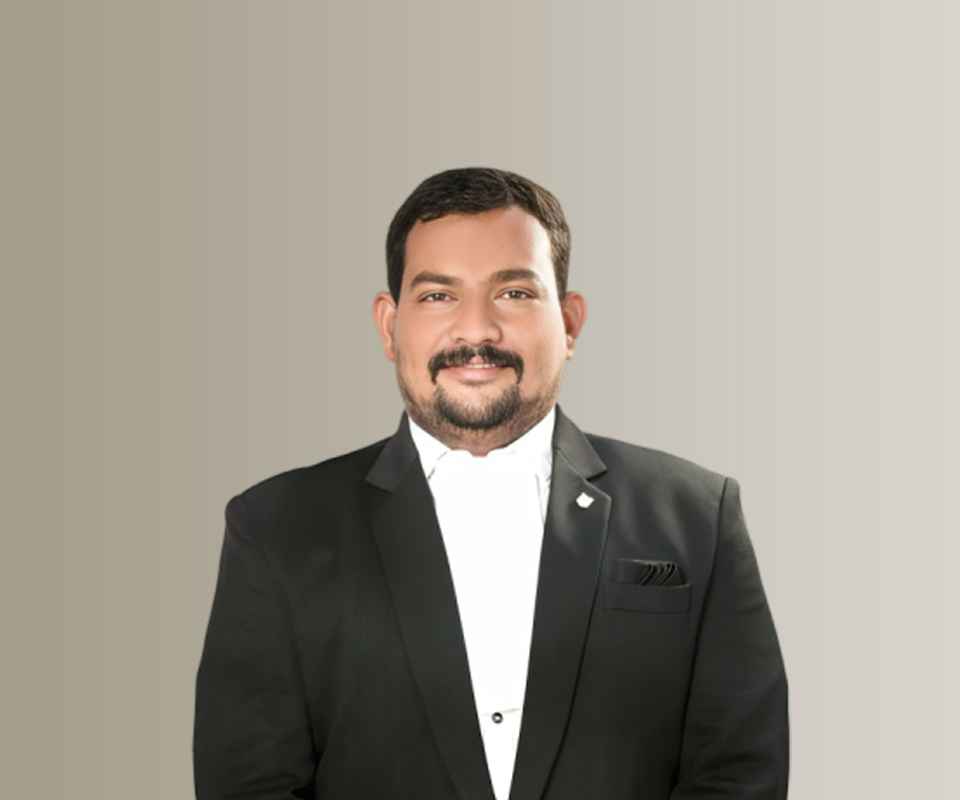Answer By law4u team
In India, trusts are primarily governed by the Indian Trusts Act, 1882, which defines and regulates various types of trusts. A trust is an arrangement where a person (settlor) transfers property to another (trustee) to be managed for the benefit of a third party (beneficiary). Based on the purpose, management, and legal provisions, trusts in India can be broadly classified into several categories.
Types of Trusts in India:
Private Trusts:
Private trusts are created for the benefit of specific individuals or groups. These are the most common type of trust, and they are typically used to manage personal assets or family wealth.
A private trust is governed by the Indian Trusts Act, 1882, and the beneficiaries are named individuals, such as family members, friends, or associates.
Example: A trust set up by a father for the benefit of his children to manage family property.
Public Trusts:
Public trusts are established for the benefit of the public or a particular section of the public. These are typically for charitable, religious, or welfare purposes.
Public trusts are usually governed by both the Indian Trusts Act, 1882 and specific state laws. They enjoy certain tax exemptions if registered as charitable or religious trusts.
Example: A trust established for the welfare of underprivileged children, or a trust set up for the maintenance of a temple or religious organization.
Charitable Trusts:
Charitable trusts are a type of public trust established for the welfare and betterment of society. These trusts are created to carry out charitable activities such as providing healthcare, education, and supporting social causes.
Such trusts can be exempt from certain taxes under Section 12A of the Income Tax Act if they are registered as charitable institutions.
Example: A trust created for the purpose of providing free education to orphaned children.
Religious Trusts:
These are a specific type of public trust set up to manage religious institutions, such as temples, mosques, churches, or gurudwaras. The primary purpose is to carry out religious activities and manage religious properties.
Example: A trust set up for the maintenance of a temple and conducting religious ceremonies.
Revocable Trusts:
A revocable trust can be changed or revoked by the settlor during their lifetime. The settlor retains the power to alter the terms of the trust or dissolve it entirely.
This type of trust offers flexibility and is commonly used by individuals to retain control over their assets while planning for the future.
Example: A living trust created by an individual, which can be altered or canceled if necessary.
Irrevocable Trusts:
An irrevocable trust cannot be altered, amended, or revoked once it is created. The settlor relinquishes control over the assets transferred to the trust, and it is managed by the trustee according to the trust deed.
Irrevocable trusts provide greater security for beneficiaries, as they are protected from the settlor’s creditors and cannot be easily changed.
Example: A trust established for charitable purposes that cannot be changed after creation.
Testamentary Trusts:
A testamentary trust is created through a will and takes effect after the settlor's death. This type of trust allows individuals to specify how their assets will be distributed to beneficiaries once they pass away.
Testamentary trusts are governed by the Indian Succession Act, 1925, in addition to the Indian Trusts Act.
Example: A person’s will creates a trust for the benefit of their children upon their death, specifying how the estate is to be managed.
Living Trusts (Inter Vivos Trusts):
A living trust (or inter vivos trust) is created during the settlor’s lifetime and takes effect immediately. These trusts can be either revocable or irrevocable.
A living trust is often used for estate planning, where the settlor transfers assets to the trust while they are alive, and the trustee manages them according to the terms laid out in the trust deed.
Example: An individual creates a living trust to manage their real estate and investments while they are still alive.
Discretionary Trusts:
In a discretionary trust, the trustee has the discretion to decide how to distribute the trust property among the beneficiaries. The beneficiaries’ entitlements are not fixed but depend on the trustee’s judgment.
Discretionary trusts are often used for managing family wealth, where the settlor wants to leave decisions regarding distribution to the trustee’s discretion.
Example: A trust created for the benefit of a family, where the trustee decides who receives the trust income and when.
Spendthrift Trusts:
A spendthrift trust is designed to protect the trust assets from being misused or squandered by the beneficiary. The beneficiary’s access to the trust property is restricted, and it is usually managed by the trustee to ensure financial prudence.
This type of trust is often used for beneficiaries who may not be financially responsible, such as minors or individuals with a history of reckless spending.
Example: A trust set up for a child, with restrictions on how and when the child can access the funds.
Hybrid Trusts:
A hybrid trust is a combination of both private and public trust elements. It may include both charitable and non-charitable purposes, and beneficiaries can be both specific individuals and the public at large.
Example: A trust created to provide healthcare to a specific group of people while also contributing to medical research.
Key Differences Between Trust Types:
| Type of Trust | Purpose | Management | Example |
|---|---|---|---|
| Private Trust | Benefit for specific individuals or families | Governed by the Indian Trusts Act | Family trust |
| Public Trust | Benefit for the public or specific groups | Governed by Indian Trusts Act & state laws | Charity, religious institutions |
| Revocable Trust | Can be altered or revoked by settlor | Flexible, control remains with settlor | Living trust |
| Irrevocable Trust | Cannot be altered or revoked by settlor | Settlor relinquishes control | Charitable trust |
| Testamentary Trust | Created through a will, effective after death | Executed after the settlor's death | Will-based trust |
| Living Trust | Created during the settlor’s lifetime | Immediate effect | Estate planning |
| Discretionary Trust | Trustee has discretion over distributions | Trustee's judgment | Family wealth management |
| Spendthrift Trust | Protects beneficiaries from misuse | Restrictions on access | Protection for irresponsible beneficiaries |
Example:
Mr. Raghav sets up a testamentary trust in his will to ensure that his daughter will inherit his property only after she reaches the age of 25. The trust will come into effect only after his death, and a trustee will manage the property until that time.
Conclusion:
Trusts in India are diverse, and each type serves a specific purpose, whether it is for family wealth management, charitable causes, or religious purposes. Understanding the types of trusts available under Indian law helps individuals choose the most appropriate structure for their needs, ensuring proper management and protection of assets according to their wishes.







